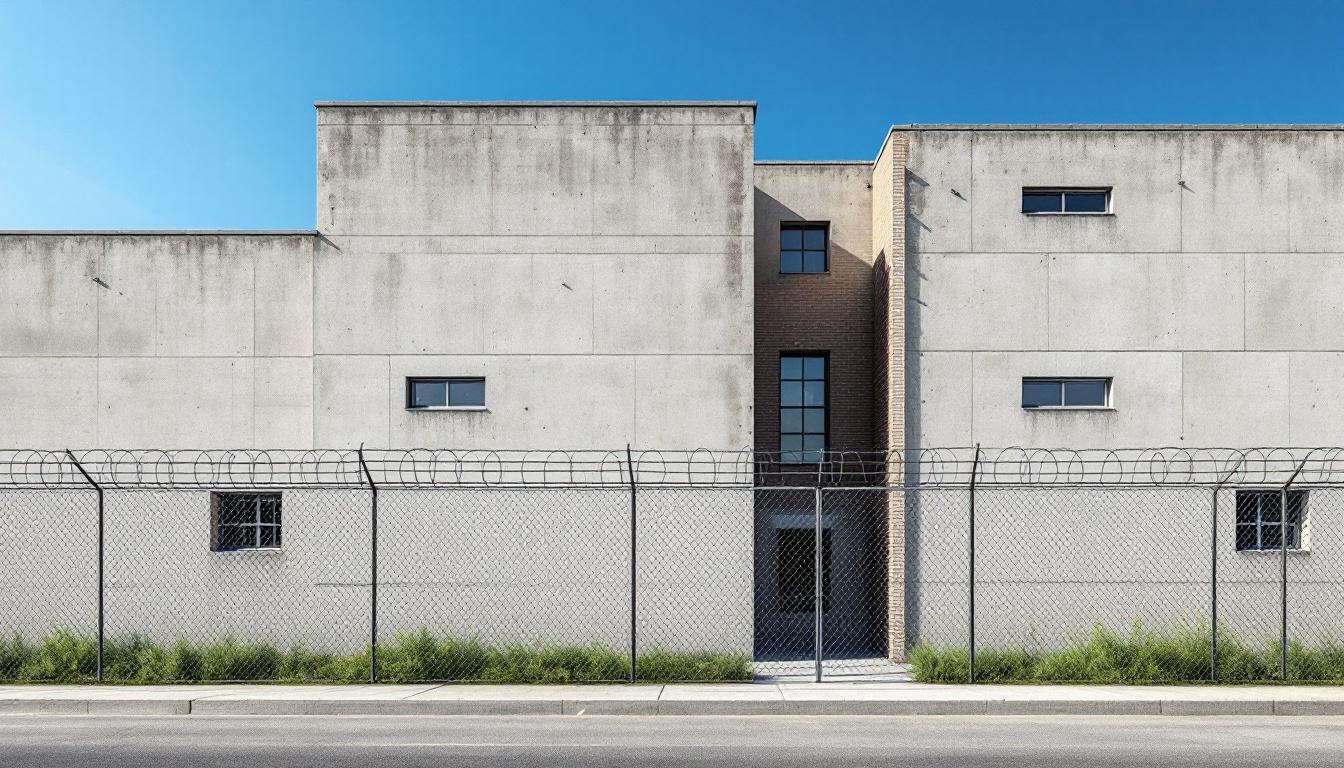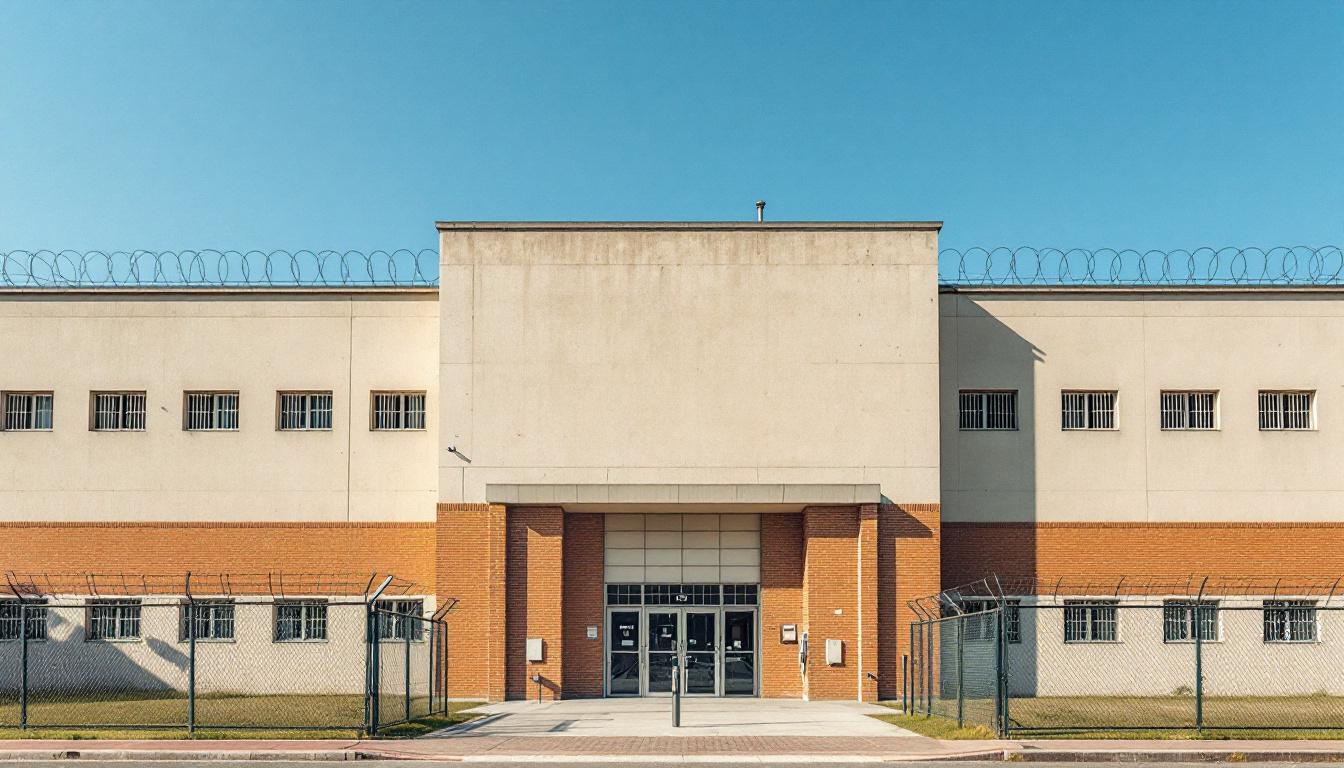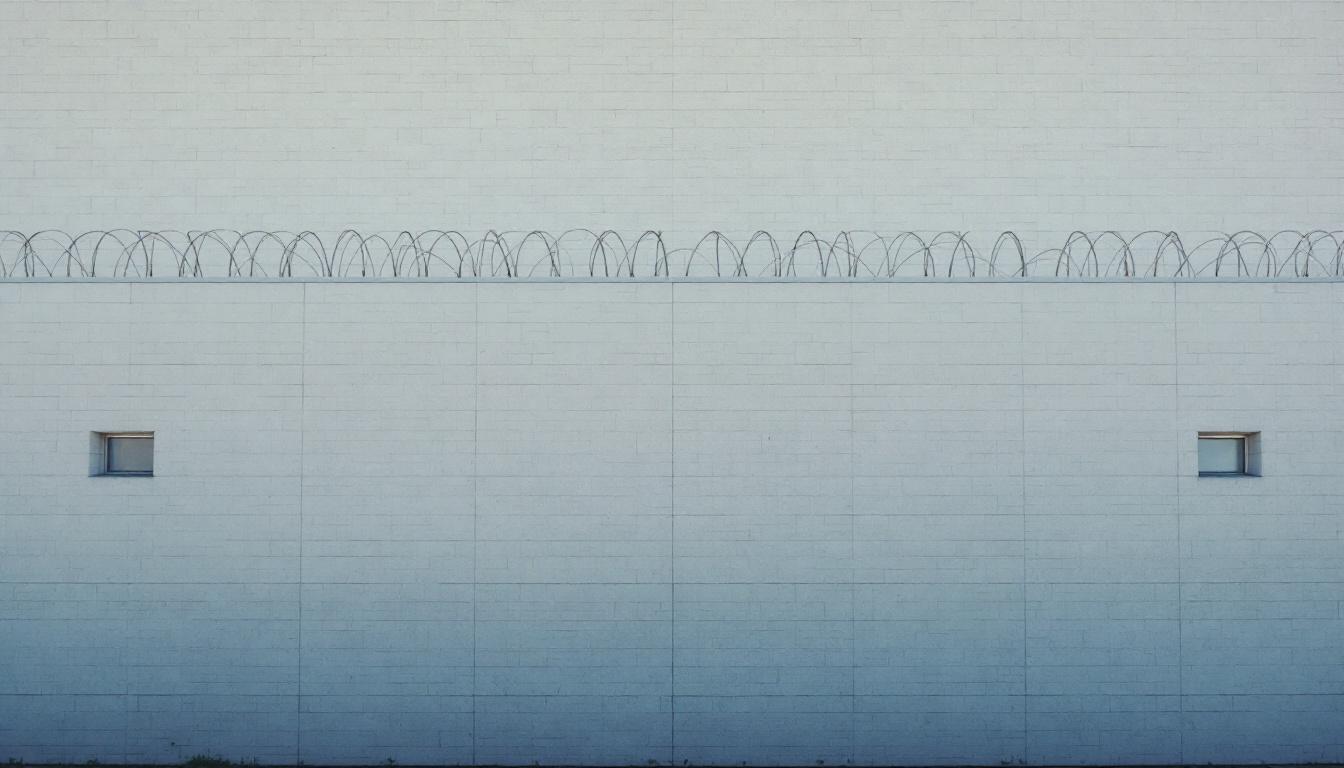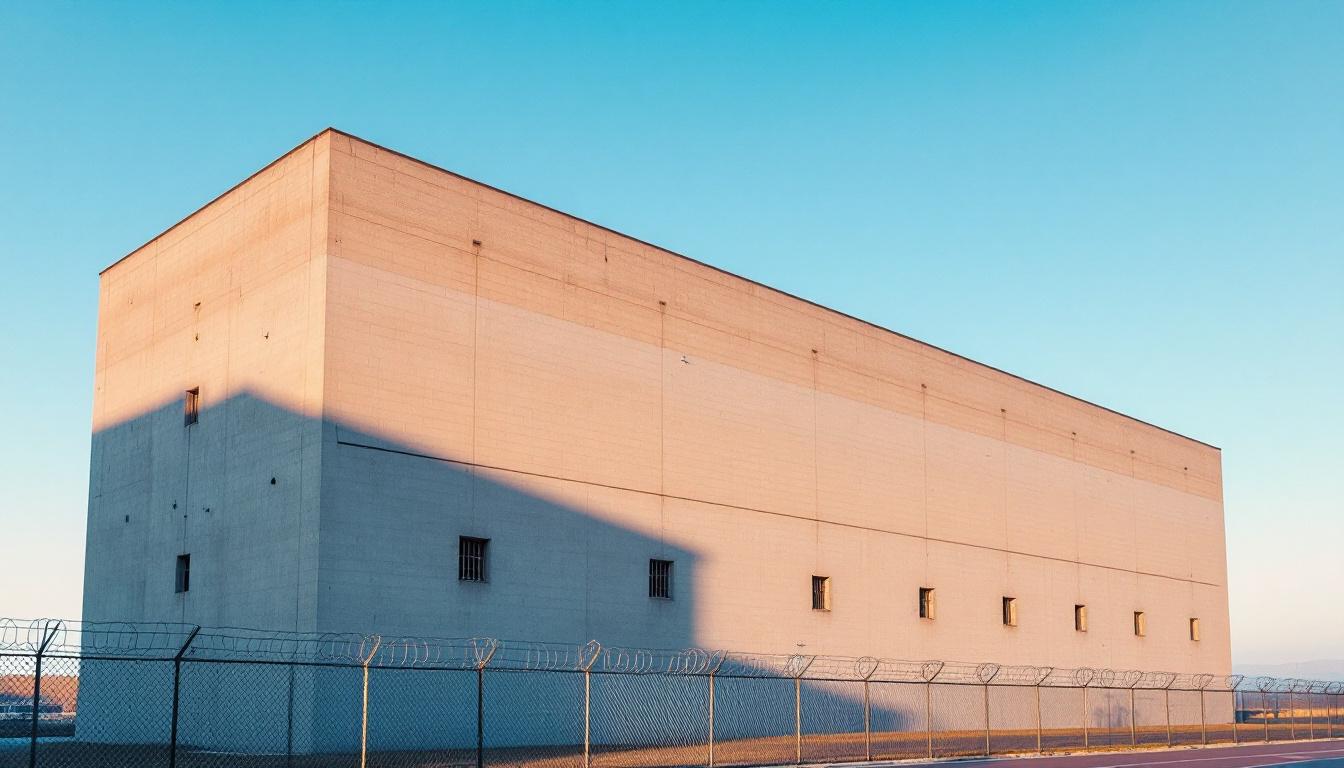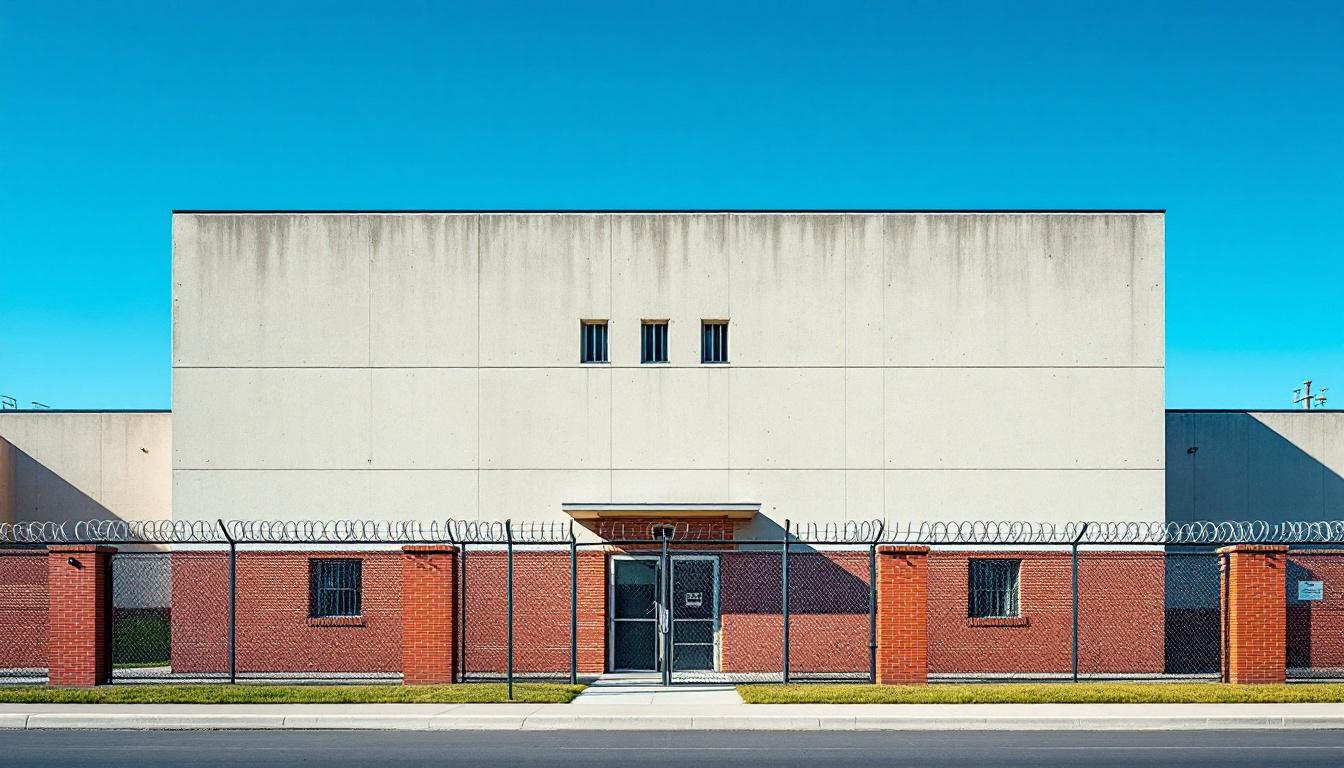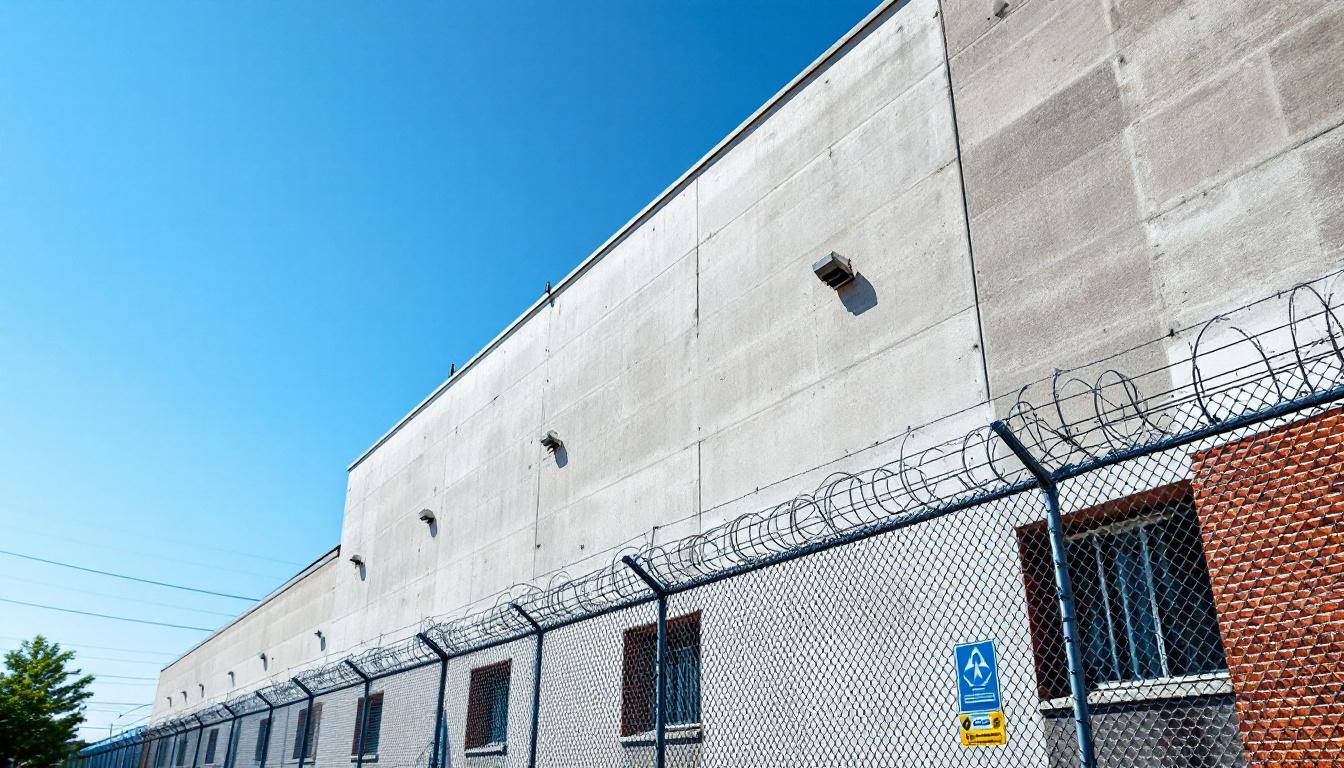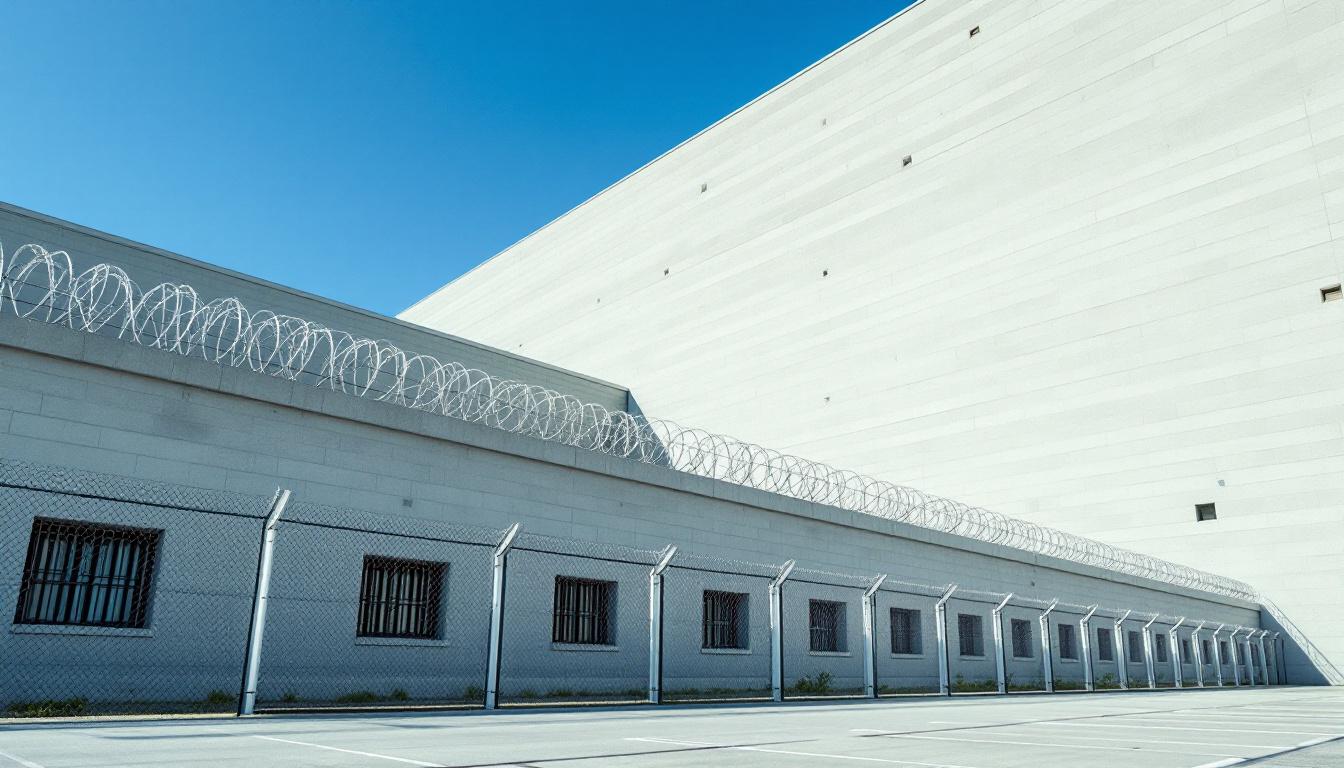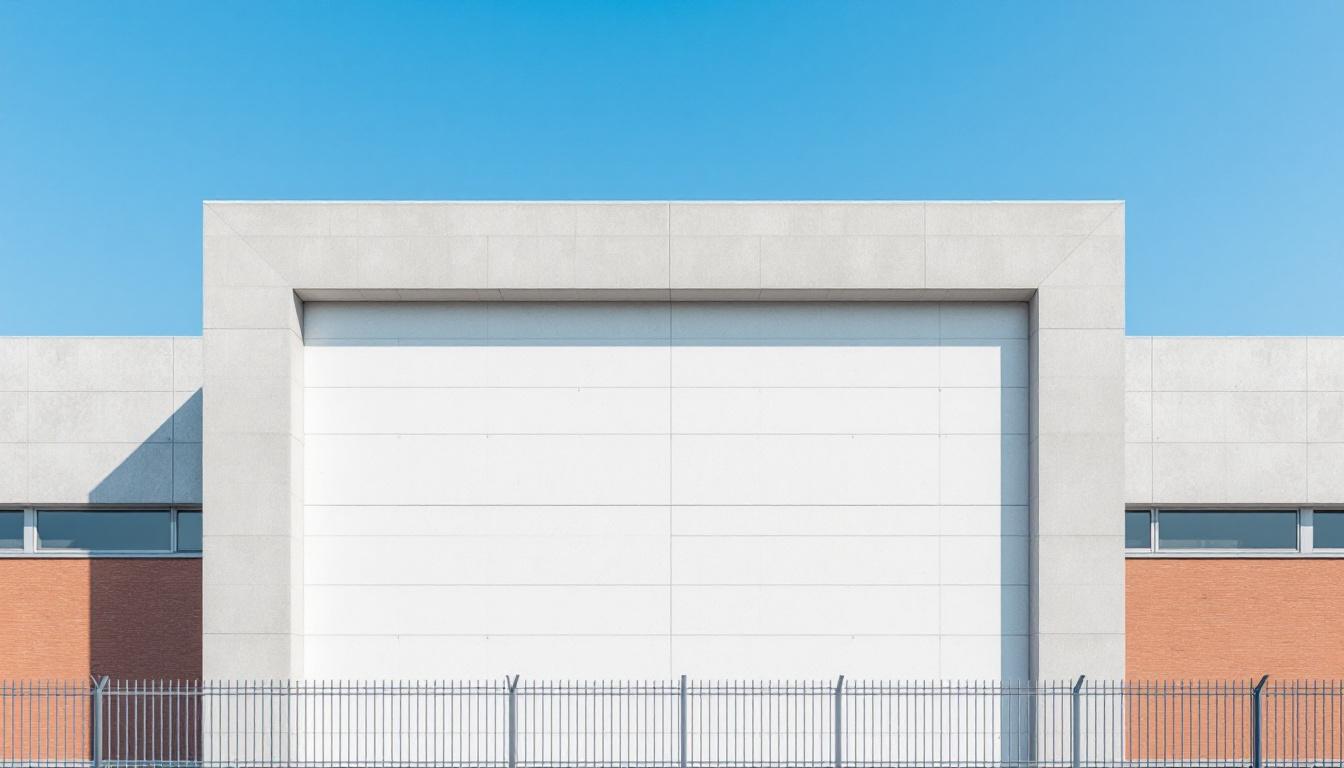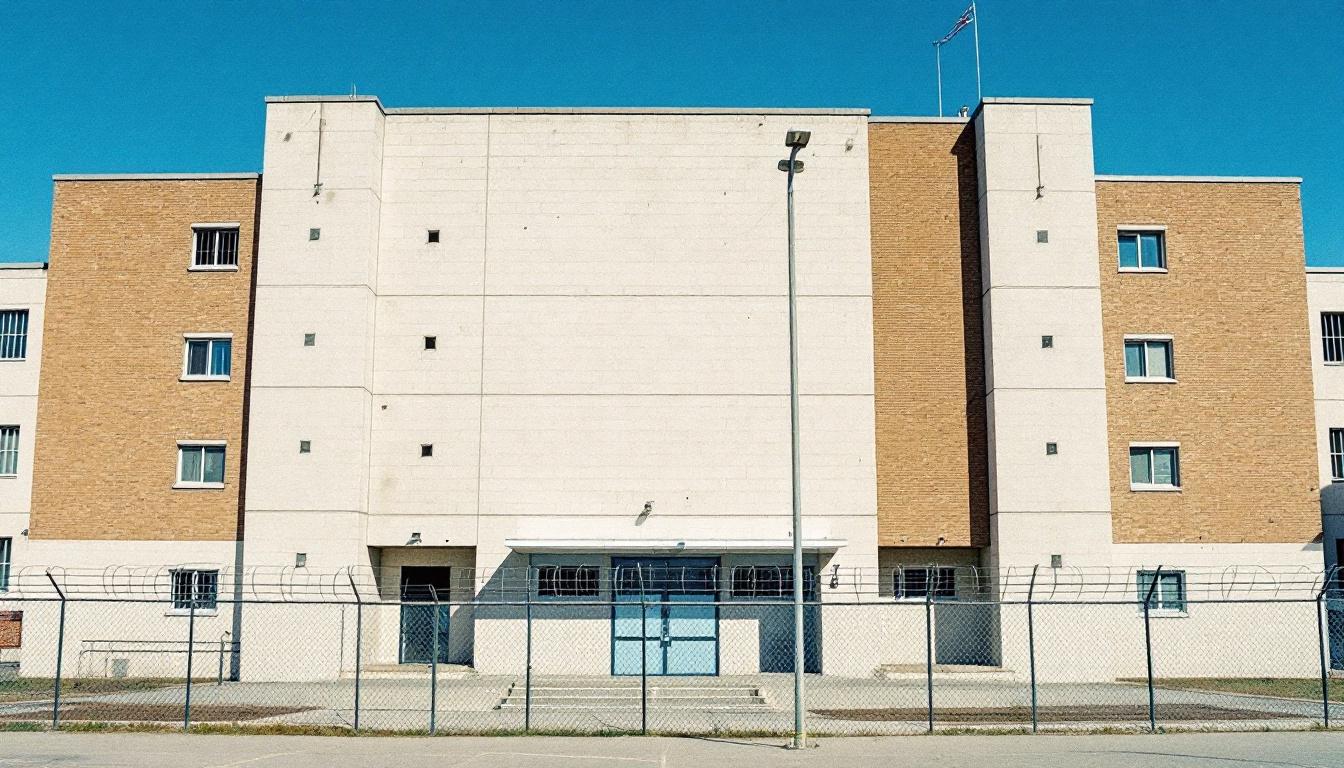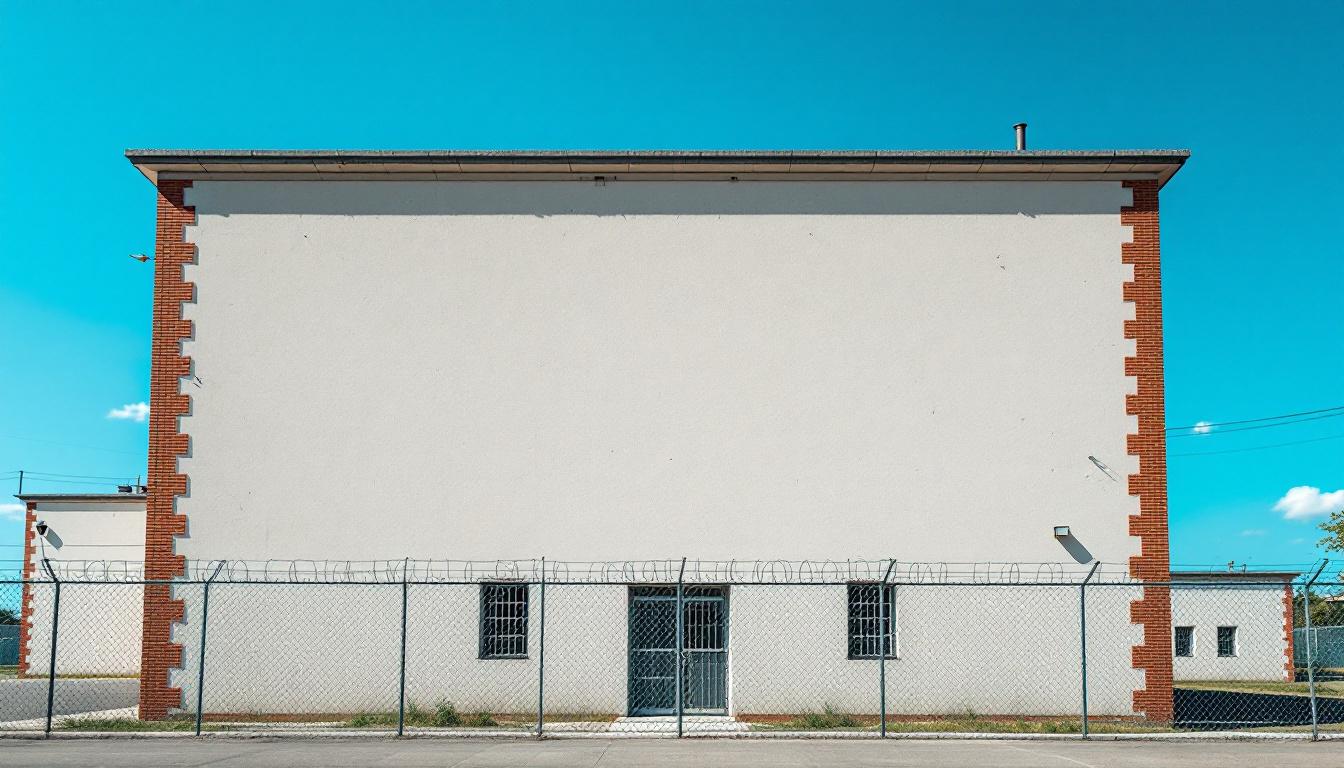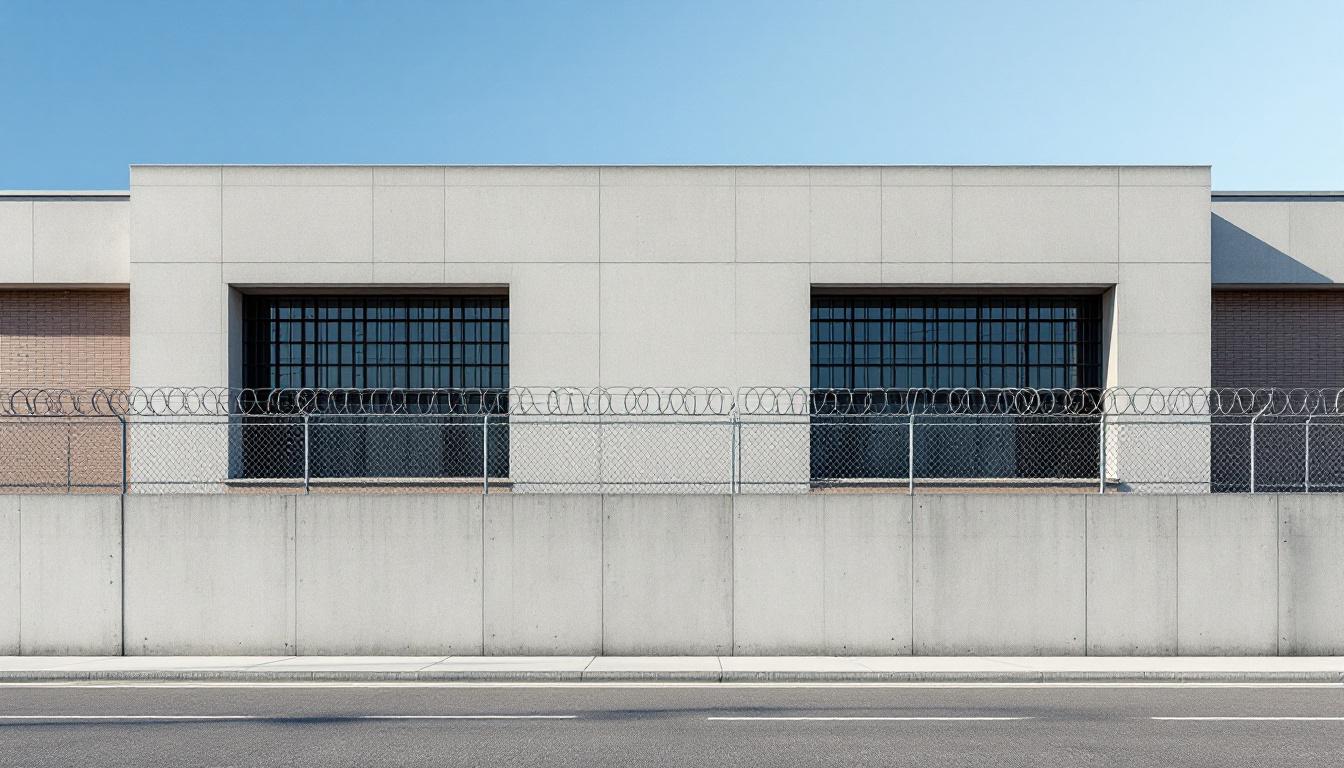
Quick Navigation
How to contact an inmate at Greene County Detention Center
This comprehensive guide will walk you through how to connect with an inmate at Greene County Detention Center. Follow the steps below to find an inmate and send letters and photos:
- Search for the inmate using our search tool below
- Create your account or log in to Penmate
- Write your message (up to 6,000 characters)
- Send instantly - inmates receive printed copies daily
Find an Inmate
Search for an inmate to start communicating today
Tip: You can search by first name, last name, or inmate ID number
To contact a person at Greene County Detention Center start by searching for the person on the official facility website. Perform a search by following these steps:
- Step 1: Enter their first name and last name into the search form and click "Search"
- Step 2: Locate their inmate record
- Step 3: Write down their Inmate ID and any housing information provided
Important! Be sure to enter the person's full name. Nicknames should not be used.
How to Send Messages to Inmates

You can use your phone or computer to send emails, letters, and photos to an inmate. Messages are sent electronically to inmate tablets or kiosks at the facility. If you would like to send a message, start by searching for an inmate at Greene County Detention Center.
Sending Photos and Postcards

A great way to send love and support to a loved one at Greene County Detention Center is to send photos and postcards. It only takes a few minutes to send photos from your phone and it makes a huge difference. You can also mail postcards with words of support and inspiration, or design your own postcard for special moments like birthdays and holidays.
Important! Be sure not to send any explicit photos or they may not be approved by the facility. You can also use a photo printing app like Penmate to make sure your photos are printed at the correct size (4x6 or 3x5) and are mailed according to the rules and regulations of Greene County Detention Center.
Frequently asked questions about Greene County Detention Center
-
How long does it take to deliver a message?
If you're sending an email message your letter is usually delivered within 24-48 hours. For messages sent via mail you should expect delivery within 3-7 days. All messages will need be approved by Greene County Detention Center.
-
How much does it cost to send a message to Greene County Detention Center?
You can send a message free using your phone or mail a message via USPS for the price of a $0.60 stamp and envelope. You can also purchase credits or e-stamps from services starting at $1.99.
-
What services can I use to contact an inmate at Greene County Detention Center?
Penmate
You can use Penmate to send letters and photos to an inmate from your phone. It's an easy way to stay in touch during your loved one's incarceration. Use the inmate locator to find an inmate's location and contact information, then you can send messages within a few minutes.
Securus messaging
Securus may be another option for communicating with an inmate at Greene County Detention Center. You can create a friends and family account and purchase credits to send messages. All messages will be reviewed and must be approved by the facility.
JPay
Some county jails and state prisons may support sending messages with JPay. You must register an account with the system, find your loved one, and purchase stamps to send messages. For some locations you can also attach photos.
Smart Jail Mail
You may also check if Smart Jail Mail is available at Greene County Detention Center. Smart Jail Mail is operated by Smart Communications and has contracted with some state and county jails. After purchasing credits, your messages and photos are sent to the facility, printed out, and then handed out to your loved one.
-
What is the mailing address of Greene County Detention Center?
Mailing address:
Greene County Detention Center
120 E Depot St
Greeneville, TN 37743
Phone: (423) 798-1802Business hours:
- Monday: Open 24 hours
- Tuesday: Open 24 hours
- Wednesday: Open 24 hours
- Thursday: Open 24 hours
- Friday: Open 24 hours
- Saturday: Open 24 hours
- Sunday: Open 24 hours
-
What are the visiting hours at Greene County Detention Center?
Visiting hours at Greene County Detention Center vary by housing unit and security level. Generally, visits are scheduled on weekends and holidays, with some facilities offering weekday visits. Contact the facility directly at (423) 798-1802 or check their website for the current visiting schedule. Visits typically last 30-60 minutes and must be scheduled in advance.
-
What items are prohibited when sending mail to Greene County Detention Center?
Prohibited items typically include: cash, personal checks, stamps, stickers, glitter, glue, tape, staples, paperclips, polaroid photos, musical or blank greeting cards, hardcover books, magazines with staples, and any items containing metal or electronics. Only send letters on plain white paper with blue or black ink. Photos must be printed on regular photo paper (no Polaroids). Always check with Greene County Detention Center for their specific mail policies.
-
How do I send money to an inmate at Greene County Detention Center?
You can send money to an inmate at Greene County Detention Center through several methods: 1) Online using JPay, Access Corrections, or the facility's approved vendor, 2) Money orders mailed directly to the facility with the inmate's name and ID number, 3) Kiosks located in the facility lobby, or 4) Over the phone using a credit or debit card. Fees vary by method, typically ranging from $2.95 to $11.95 per transaction.
-
Can I schedule a video visit with an inmate at Greene County Detention Center?
Many facilities now offer video visitation as an alternative to in-person visits. At Greene County Detention Center, video visits may be available through services like Penmate, Securus Video Connect, GTL, or ICSolutions. Video visits typically cost $10-20 for 20-30 minutes and must be scheduled in advance. You'll need a computer or smartphone with a camera and reliable internet connection. Contact the facility for their specific video visitation policies and approved vendors.
-
What identification do I need to visit an inmate at Greene County Detention Center?
All visitors must present valid government-issued photo identification such as a driver's license, state ID, passport, or military ID. Minors must be accompanied by a parent or legal guardian who can provide the minor's birth certificate. Some facilities require visitors to be on the inmate's approved visitation list, which may require a background check. Contact Greene County Detention Center for specific ID requirements and visitor approval procedures.
-
How can I find out an inmate's release date?
To find an inmate's release date at Greene County Detention Center, you can: 1) Use the online inmate search tool if available, 2) Call the facility's records department, 3) Contact the inmate's case manager or counselor, or 4) Have the inmate provide this information during a call or visit. For privacy reasons, some facilities only release this information to immediate family members.
Facility Overview
Contact Information
Greene County Detention Center120 E Depot St
Greeneville, TN 37743
Phone: (423) 798-1802
Official Website
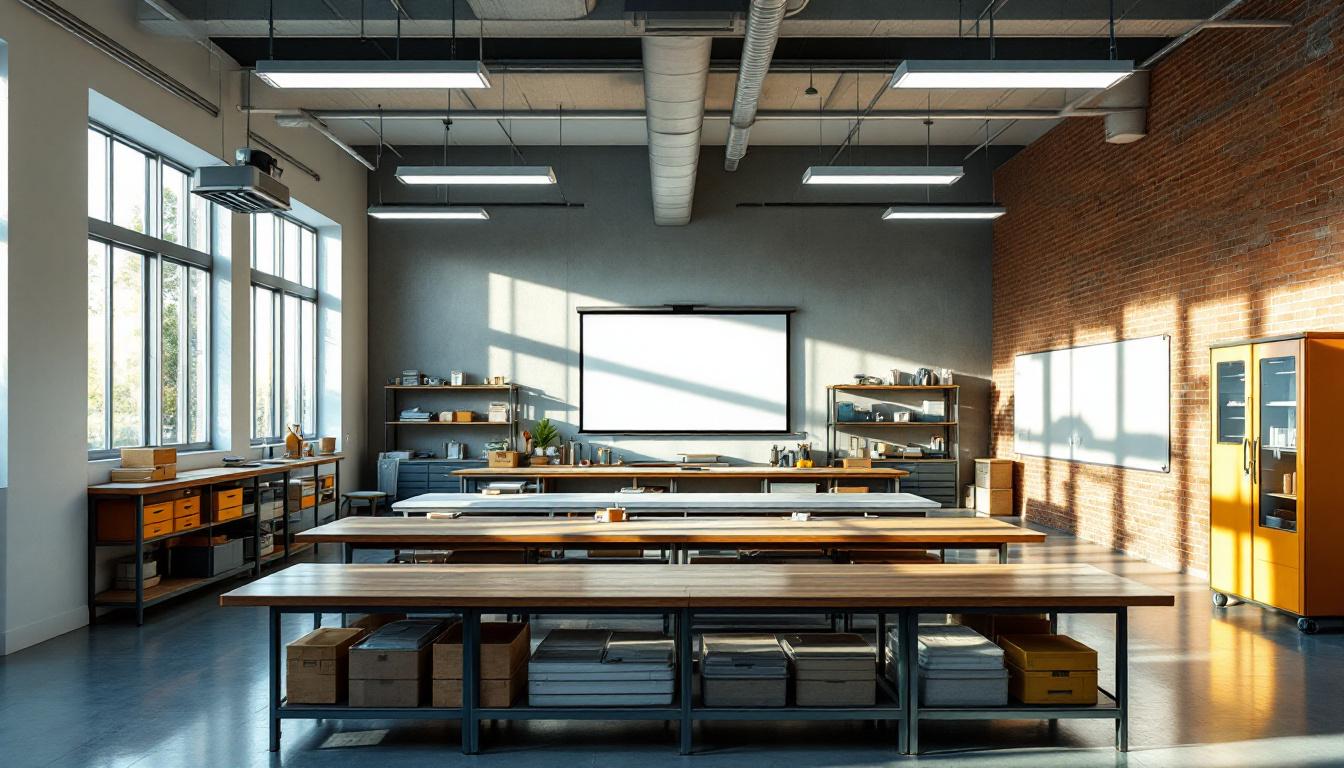
About Greene County Detention Center
Nestled within the rural landscape of Xenia, Tennessee, Greene Detention Center, TN operates as a vital component of the state's correctional infrastructure, where security measures and rehabilitative programming work together to create meaningful outcomes for residents. This TN correctional facility typically emphasizes evidence-based approaches that may help individuals develop the skills and mindset necessary for successful community reintegration. The detention center generally maintains comprehensive safety protocols while fostering an environment where residents services can address the underlying factors that often contribute to criminal behavior.
Programming at the facility often includes educational opportunities, vocational training, and behavioral intervention services designed to support positive change during incarceration. Residents may have access to substance abuse counseling, mental health support, and life skills development programs that prepare them for the challenges of returning to their communities. The facility's approach to rehabilitation generally recognizes that lasting change requires addressing multiple aspects of an individual's circumstances, from educational deficits to addiction issues.
Located in the heart of East Tennessee's Greene County region, the detention center serves as more than just a secure housing facility—it functions as a space where accountability meets opportunity. Through structured daily routines and program participation, residents typically work toward developing the tools they need for productive lives beyond incarceration, while the facility maintains the security standards necessary to protect both the community and those in its care.
Programs & Services
Comprehensive rehabilitation initiatives at Greene Detention Center emphasize a holistic approach to resident development, recognizing that successful reintegration requires addressing multiple dimensions of personal growth. The facility's philosophy centers on providing structured opportunities that foster skill acquisition, emotional healing, and constructive engagement, creating pathways for residents to develop both practical competencies and personal resilience during their incarceration period.
Educational services form the cornerstone of the center's academic initiatives, typically offering basic literacy instruction, GED preparation, and continuing education opportunities that enable residents to advance their formal learning. Moreover, vocational programs may deliver hands-on training in various trade skills, providing residents with marketable competencies that enhance their employment prospects upon release. These educational and vocational initiatives often operate through structured curricula designed to accommodate diverse learning styles and educational backgrounds, ensuring that residents can progress at appropriate paces while building confidence in their abilities.
Support services encompass a broad spectrum of therapeutic and enrichment initiatives that address residents' emotional, spiritual, and recreational needs. Faith-based programs typically provide spiritual guidance and community support, while trauma-informed care initiatives may offer specialized counseling approaches that help residents process difficult experiences and develop healthy coping mechanisms. Additionally, arts and crafts activities often serve as creative outlets that promote self-expression and stress reduction, while intramural sports encourage physical fitness and teamwork skills. Agriculture programs may deliver opportunities for residents to engage in meaningful outdoor work, learning sustainable practices while contributing to the facility's operations and developing a sense of accomplishment through productive labor.
Daily Life & Visitation
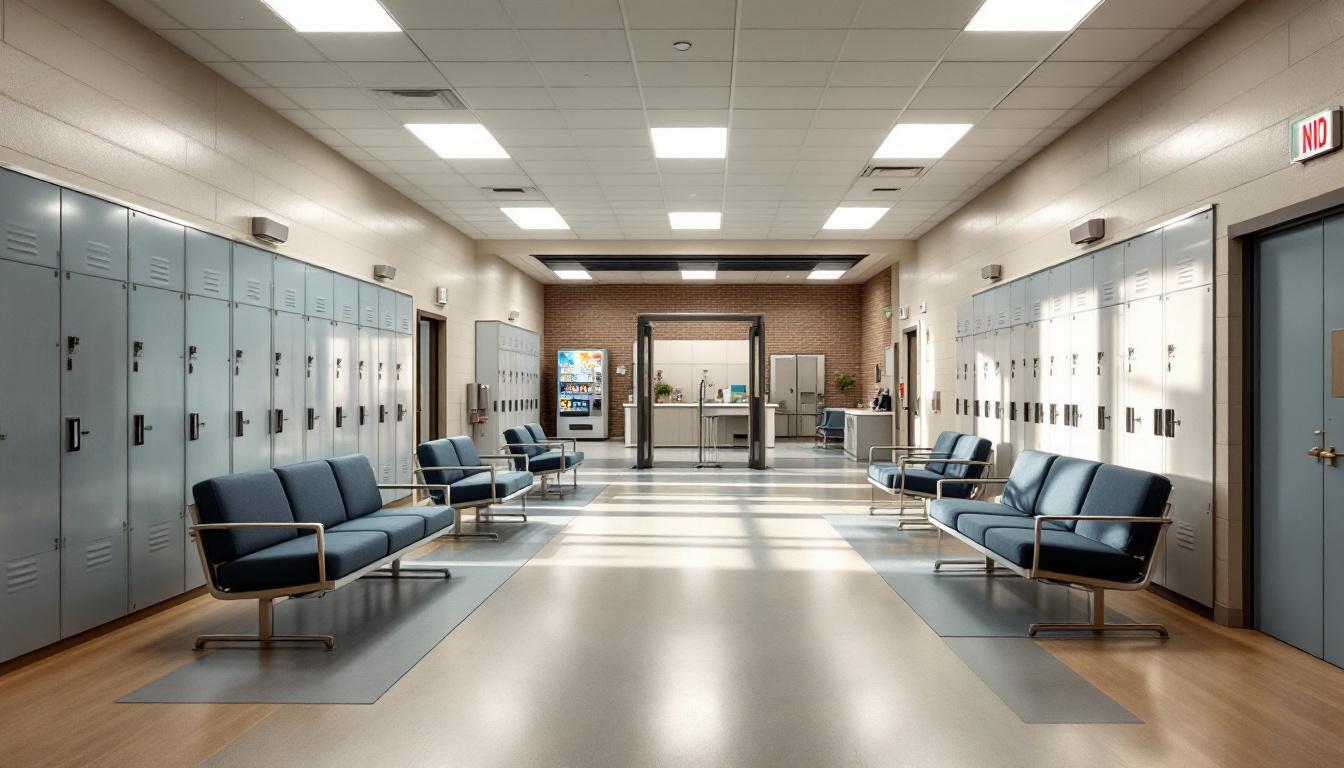
Structured routines begin before dawn and continue throughout each day, delivering consistency that many residents find anchoring during their time in custody. Today's schedule typically mirrors yesterday's and tomorrow's, with wake-up calls, meal times, and programmed activities occurring at regular intervals that help establish a predictable rhythm. This consistent framework generally includes designated periods for meals, recreation, work assignments, and personal time, allowing residents to develop routines that may support their adjustment to the facility environment.
Living accommodations at the facility typically consist of shared housing units where residents are assigned beds and limited personal storage space for approved belongings. Moreover, the dormitory-style or cell-based housing arrangements usually include access to common areas where residents can interact during designated social periods. Meals are generally served in a central dining area at scheduled times, with residents often rotating through in groups to accommodate the facility's capacity. The dining experience typically provides structured social interaction while maintaining security protocols appropriate for the facility's classification level.
Programming schedules usually deliver educational opportunities, vocational training, and recreational activities that help residents maintain productive daily engagement. Whereas some residents may be assigned to facility maintenance or kitchen duties, others typically participate in classroom-based programs or library services during designated hours. Family connections remain important through scheduled visitation periods and phone privileges, which generally allow residents to maintain contact with their support systems. These communication opportunities, along with commissary access for approved personal items, typically help residents manage the challenges of institutional life while working toward their eventual release goals.
Ready to Connect?
Start communicating with your loved one today
Search for an Inmate
